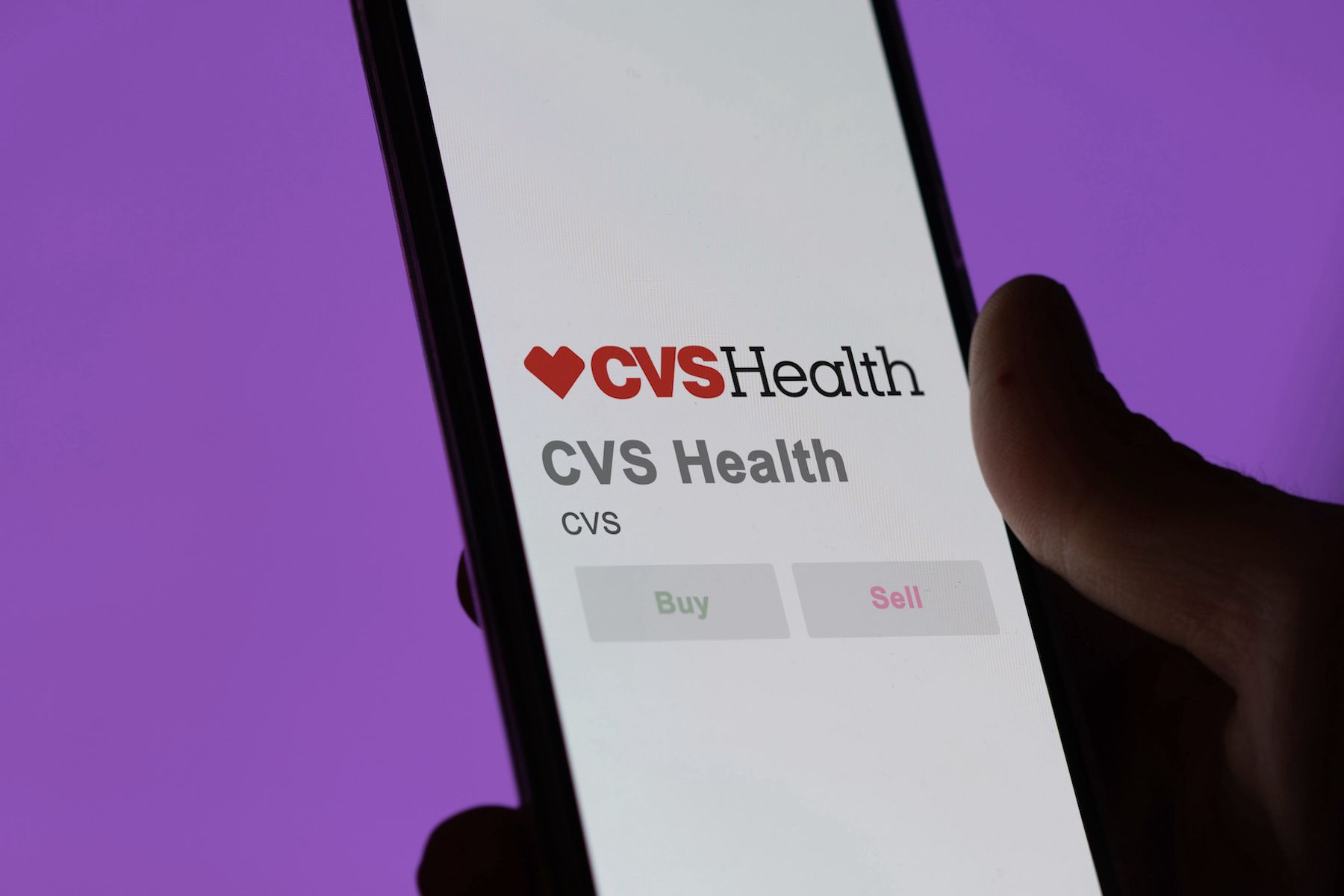
CVS Caremark and the State of Illinois settled a lawsuit due to the company’s failure to pay contracted rebates.
In a slew of lawsuits that states around the country have presented to some of the major pharmacy benefit managers (PBMs), another settlement has recently been announced between CVS Caremark and Illinois. In a win for Illinois taxpayers and another example of PBM scrutiny, the settlement has forced Caremark to reward Illinois $45 million for the company’s inability to pass manufacturer rebates over a 4-year contract period.
Along with CVS Caremark, the corporation’s vertically integrated rebate aggregator, Zinc Health Services, LLC, must also shoulder the burden of this settlement for its failure to properly perform its main function, which is passing through rebates. Further blurring the lines of transparency within the pharmaceutical supply chain, news of the Caremark settlement came on the heels of its President David Joyner claiming that the PBM and its aggregators pass through 100% of rebates. 1
From the ongoing FTC investigation to several states keeping litigious pressure on major PBMs, the timeline of their scrutiny continues to push against these pharmaceutical middlemen, as state entities, advocacy groups, and more attempt to invoke reform.
In the case of Illinois, the state’s recent settlement is an example of PBMs’ manipulation of manufacturer rebates and vertical integration at work.
“Pharmaceutical manufacturers pay ‘money’ to PBMs (typically through the PBM’s vertically integrated sister company, the ‘rebate aggregator’). PBMs ‘define’ some of the manufacturer dollars as ‘rebates.’ However, PBMs say that large amounts of money paid by manufactures are not ‘rebates,’ but rather ‘data fees,’ ‘price protection fees,’ ‘communication fees,’ or some other arbitrary ‘fee.’ Manufacturers pay rebates to encourage PBMs to place the manufacturer’s drug products on the Plan Sponsor’s PBM formulary,” wrote Levitt et al. 1
News of the Caremark settlement came on the heels of its President David Joyner claiming that the PBM and its aggregators pass through 100% of rebates. | image credit: maurice norbert / stock.adobe.com

Therein lies the often-coined bipartisan issue of PBMs exhibiting a lack of transparency when it comes to reporting prices to the proper entities within the supply chain. Much of PBMs’ opaque pricing schemes stems from their variation in dealing with manufacturers, plan sponsors, and patients; using what they consider ‘rebates’ in different ways for each entity. Levitt et al explain that it’s “all about the definitions” when it comes to the business dealings of PBMs.
“Plans must demand that all manufacturer-derived revenue, regardless of how categorized by the PBM, is encompassed by the definition of rebate,” wrote the authors. 1 “To illustrate, the state of Illinois did exactly that as part of its settlement with Caremark, which stipulated that the definition of ‘rebate’ in the State’s contract with Caremark effective July 1, 2024, would include ‘compensation of any…regardless of how categorized…’ The definition of rebate demanded by Illinois is all encompassing and exemplifies the type of definition plan sponsors must negotiate into their agreements with PBMs to avoid falling victim to a rebate retention scheme.”
Furthermore, confirming CVS Caremark’s lack of transparency, Kwame Raoul, Illinois’ attorney general, said that the company did not make clear the full extent of its relationship with its own retail pharmacies as well as its rebate aggregator Zinc. 2 Despite Raoul’s leading the charge on Illinois’ fight against PBMs, Caremark denied any wrongdoings and announced a renewal of its contract with the State of Illinois.
However, no matter what stance PBMs continue to take, they have only faced increasingly heavy and confrontational push back these past few months. Along with many other litigation lawyers standing up against PBMs, Tal Lifshitz of Kozyak Tropin & Throckmorton, representative of self-funded payers in the insulin pricing multidistrict litigation, did not shy away from the importance of PBM litigation.
“Litigation is, frankly, a very powerful instrument for effecting impact and change in an industry like this that needs it,” Lifshitz said. 3 “[Litigation against PBMs] is the most consequential litigation that I think is happening right now in the country.”
Pharmacy practice is always changing. Stay ahead of the curve: Sign up for our free Drug Topics newsletter and get the latest drug information, industry trends, and patient care tips, straight to your inbox.